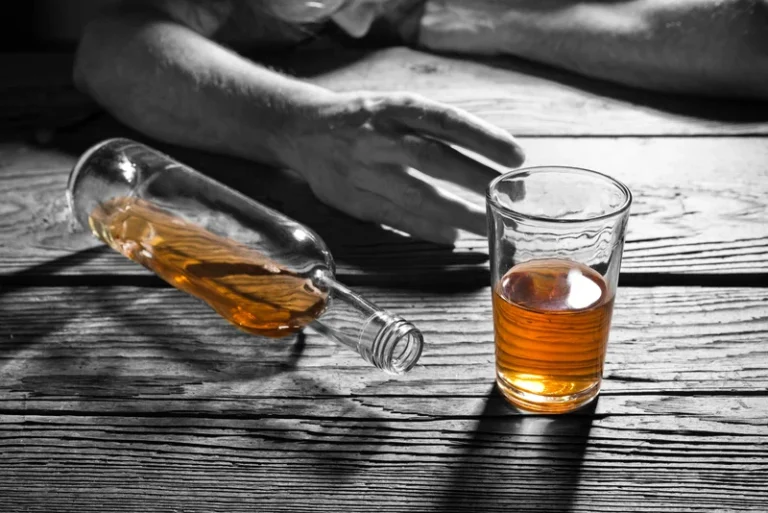
However, the exact amount of alcohol that increases urine production can vary from person to person. It’s safe to say that if you drink a lot that will always cause a problem. Is there anything you can do to offset or prevent problems caused by dehydration from drinking alcohol?
How long does it take to rehydrate your body after drinking alcohol?
Dehydration occurs when your body loses more fluid than it takes in, leading to an imbalance in the body’s electrolytes. Common symptoms of dehydration include increased thirst, decreased urine output, dry mouth, fatigue, and dizziness. That makes beer the clear contender does red wine dehydrate you as the least dehydrating, with a big caveat.
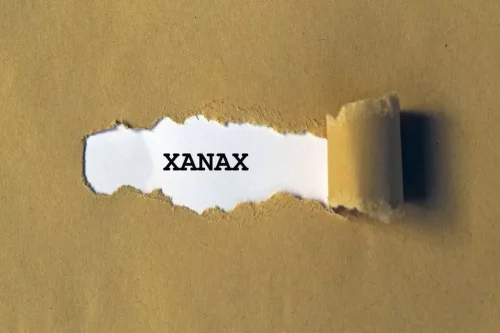
Here’s What Happens When You Drink Red Wine Every Night
6 In other words, subjects peed less relative to their fluid intake two hours after consuming these drinks compared to water. In addition, cocktails with sugary mixers or caffeinated alcoholic beverages can amplify fluid loss and worsen alcohol-related dehydration. Drinks with higher alcohol content, including vodka, whiskey, and rum, can have a stronger dehydrating effect than beverages with lower alcohol content, such as beer or wine. If you notice a dry mouth or other signs of dehydration, stop drinking alcohol and prioritize hydration.
- Unfortunately, the data available on specific wines is far too limited to provide any helpful advice.
- And phenolics are good antioxidants – they’re unlikely to trigger the inflammation that would cause a headache.
- If you stop making urine, your urine is very dark, or you have symptoms that are bad enough to impact your normal functions, go to an urgent care or emergency room for treatment and fluid replacement.
- To do so, it has compounds called sulfite oxidases that create sulfate from sulfite — the 20 milligrams in a glass of wine are unlikely to overwhelm your sulfite oxidases.
- You can experience water and nutrient depletion, leading to unwanted symptoms such as dehydration.
You Are Drinking on an Empty Stomach
Sulfites have been a popular scapegoat for all sorts of ailments since it became mandatory in the 1990s to label them on wines in the US. If you find you have a lot of ham left over from a holiday meal, there’s a genius way to repurpose it for maximum flavor and interest, according to an expert. Ina Garten’s delicious potato gratin requires only five ingredients and little effort. Fuel guests to dance and mingle with these party-pleasing New Year’s Eve appetizers that range from cheesy dip and finger foods to crostinis and hors d’oeuvres.
Alcohol dehydrates you, and it’s crucial https://ecosoberhouse.com/ to drink plenty of water and replenish electrolytes after consuming alcoholic beverages to restore optimal fluid balance. Yes, alcohol has a diuretic effect, which means that consuming alcohol increases urine production and leads to fluid loss and dehydration. It’s worth mentioning that individual factors can also play a role in how wine affects hydration.
- “Incorporate water before, during and after alcohol consumption to help combat that water and electrolyte loss.”
- The Hangover IV is extra hydrating as well, as we know that many of the common symptoms of hangovers are directly due to dehydration.
- The higher your blood alcohol level is, the more you will notice its effects.
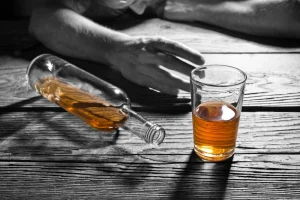
Polyphenols help starve cancer cells by blocking the development of a critical protein that feeds them. “Resveratrol is a powerful antioxidant that can be found in grape skin and red grape juice,” Stevens explains. “Antioxidants help the body fight off free radicals that can damage our cells and organs.” If you stop making urine, your urine is very dark, or you have symptoms that are bad enough to impact your normal functions, go to an urgent care or emergency room for treatment and fluid replacement.
- Then, the enzyme ALDH converts the acetaldehyde to acetate, a common and innocuous substance.
- A good rule of thumb is that the higher the beverage’s alcohol content, the more dehydrating.
- Because your body has to use extra energy to break down the wine contents, your body’s core temperature may also increase.
- But because wine has a higher alcohol content than most types of beer, it’s more dehydrating than the latter.
- And phenolics are good antioxidants – they’re unlikely to trigger the inflammation that would cause a headache.
In other words, you’d be about as dehydrated drinking the wine as you would not be drinking anything, period. This makes sense when you consider the diuretic effect of alcohol on your body and its vasopressin production. For example, an average bottle or glass of beer has an alcohol content concentration of three to seven percent. On the other hand, wine is usually closer to around 11 to 14 percent alcohol content per glass. Lastly, you may become mildly dehydrated from wine and similar high alcohol content beverages through sweat (though this is ultimately minor compared to the other effects above). This is one reason why drinking water with wine leaves you with a less potent or faster buzz.
- Drinking a glass of red wine may lower your blood sugar for up to 24 hours, which can be beneficial for those with higher blood sugar levels.
- This means that drinking lighter wines may have a lesser diuretic effect, further supporting the argument that wine is not inherently dehydrating.
- Since there isn’t any food to get in the way, this will result in your body absorbing what water is already in the wine, leaving the alcohol in your system by itself.
- Beer and wines, meanwhile, tend to have lower alcohol content, though fortified wines like sherry and Madeira pack a kick at above 14.5% alcohol.
- Sulfites have been a popular scapegoat for all sorts of ailments since it became mandatory in the 1990s to label them on wines in the U.S.
The taste of beer is thanks to flies
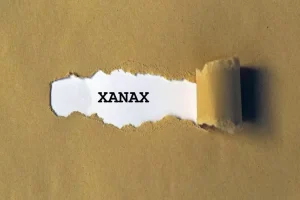
Some ex-drinkers give up alcohol because it made them unwell, and this can lead to false conclusions. “Maybe if researchers at the time collected data specifically for fruit and vegetable intake, they would have found an even stronger explanatory factor.” Despite eating lots of cheese, the French at the time were also eating a plant-rich diet.
The Benefits of TUDCA
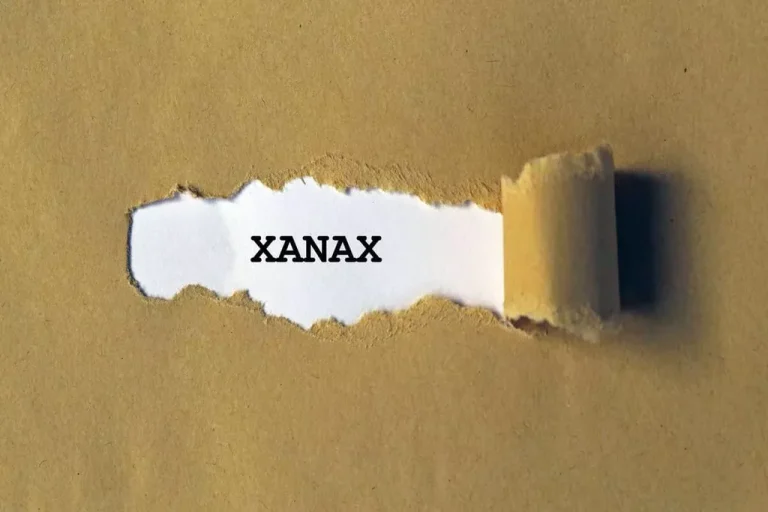
Choosing a lower – not necessarily a low – alcohol content drink can help you stay hydrated for longer. Drinks with a high alcohol content will dehydrate you more severely and more quickly. So the less alcohol that’s in your system, the easier it is to stay hydrated. Drinking too much alcohol too quickly means your body won’t be able to process it fast enough. As a rule, it takes one hour for your body to process one alcoholic drink, so making your drink last longer, and therefore drinking less and more slowly will help keep you hydrated. “The best beverages to rehydrate with should include electrolytes like sodium and potassium, as well as calories from carbs, proteins or fats to help the fluids be absorbed into the cells,” Pfau says.
Don’t drink on an empty stomach
Unfortunately, alcohol reduces the natural production of vasopressin in your body. Therefore, your body becomes less adept at holding on to water over time. This, in turn, could slow down the urine production of your kidneys, which means you’ll pass the wine out of your system more slowly as well. To understand how wine dehydrates you, we have to break down the dehydrating effects of alcohol overall. Our enzyme tests suggest that quercetin glucuronide disrupts Halfway house your body’s metabolism of alcohol.

Leave a Reply